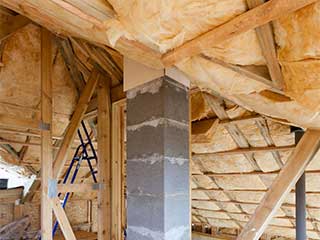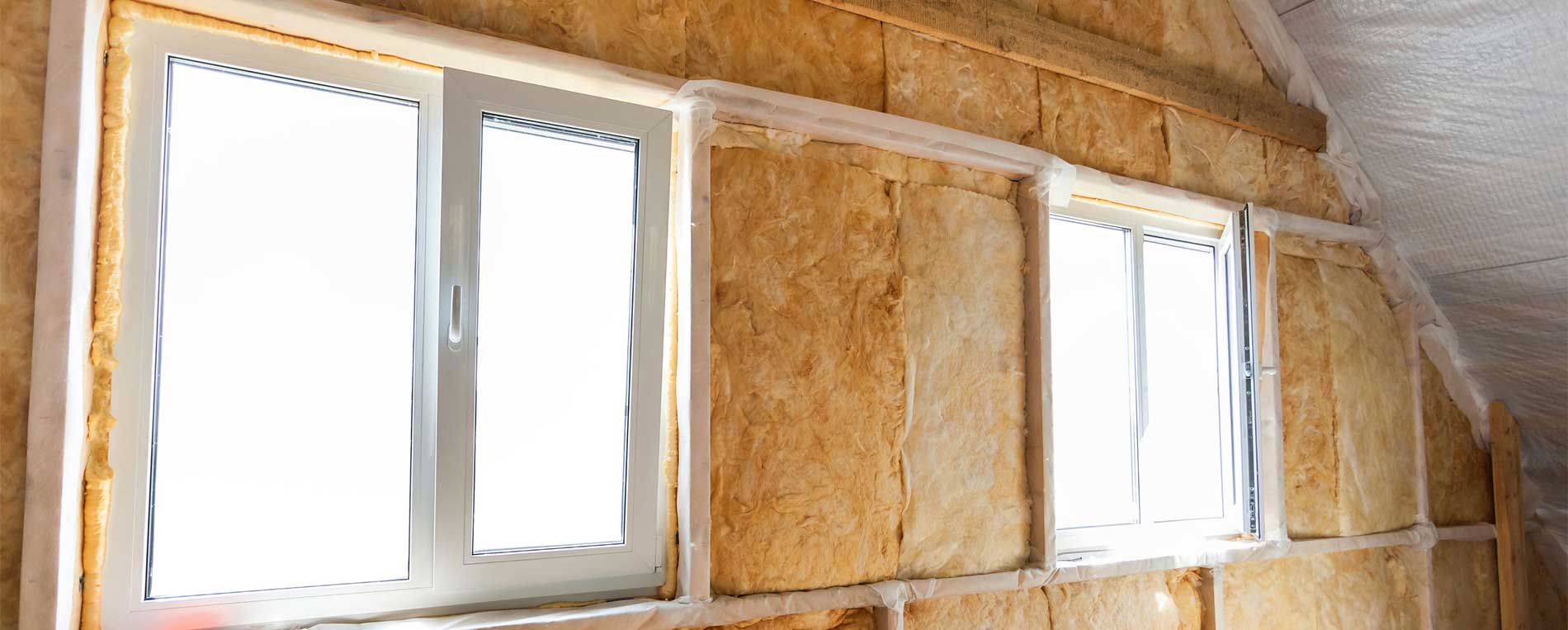
What Is Insulation?
You can thank it for assisting to keep your home warm in the winter, and at a stable temperature in the summer. It’s what helps ensure that neither your heater, nor your air conditioning, must run continuously to keep your house comfortable, thus saving you money. This makes it important to keep in the best condition possible, or else you’ll see that energy bill spike. So, what can go wrong?
-
Pests That Infect and Destroy
Has your attic been visited by some unwelcome rodent guests? Even if it happened a while back, that doesn’t mean everything is fine up there. It’s highly likely that they left behind a variety of troubles for your household, between waste that carries diseases and their destructive tendencies. Their nasty bacteria could have easily been dispersed into the air of your home via your attic’s insulation particles, particularly if they also dug at it and knocked pieces all over. This is dangerous for your family’s health, as well as impairing its ability to work correctly. -
Fire Or Water Damage
Even if your insulation is flame retardant, as most are, just the smoke getting into it can cause a lot of issues and harm overall. Water is also a hazard, not only because it will wreck it, but because it allows mold to grow. Mold spores can get into the air and spread, and this can cause serious health issues. -
Aging Takes A Toll
Even if your attic has been free of all these other troubles, if your insulation has been the same since your house was built, it’s been degrading over time. No matter what the type, nor how much there is, there’s no real way to stop it from deteriorating over the years. The older it gets, the worse it’ll do at keeping your house properly insulated. Aside from that, it can also simply just shift and redistribute over time, which will leave open spots for air to escape and make it far less effective overall. -
Air Vent Issues
If the air vents in your attic have become blocked somehowwith dust and dirt from not being cleaned in a while, this can also cause issues. It will impede the airflow in and out, and trap moisture inside causing mildew to grow.
